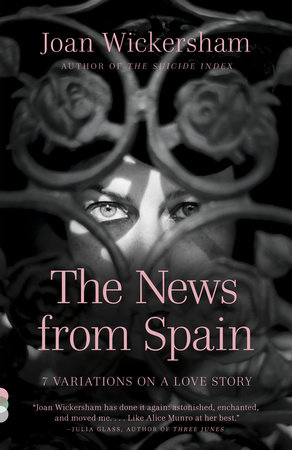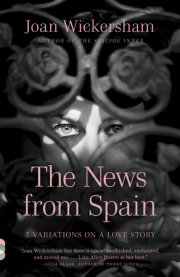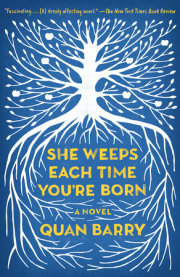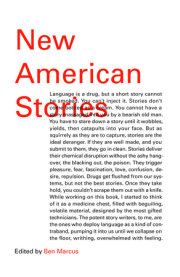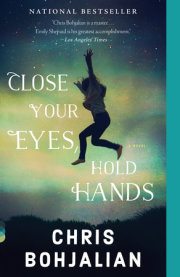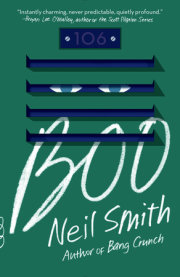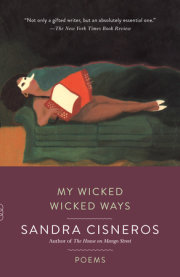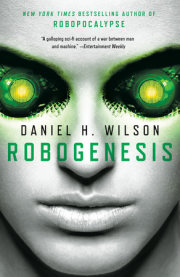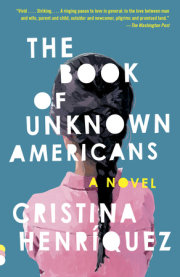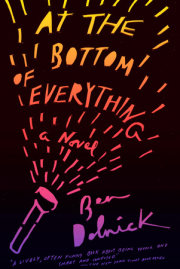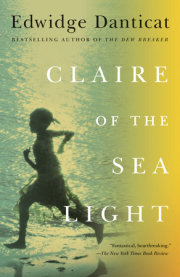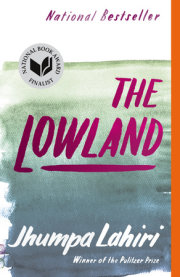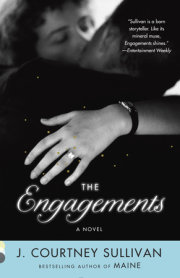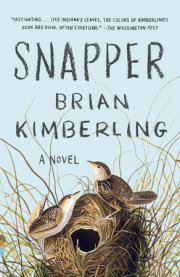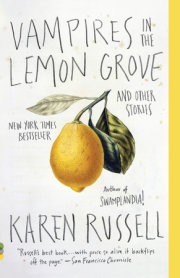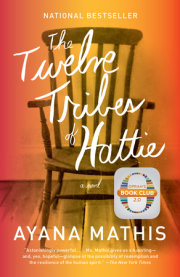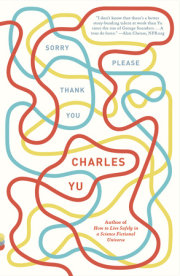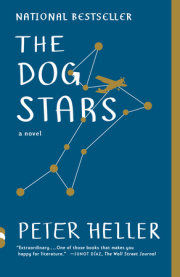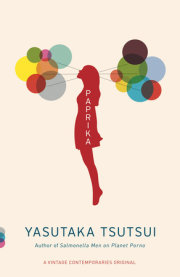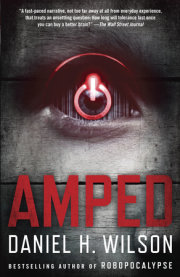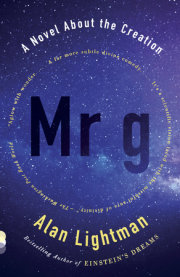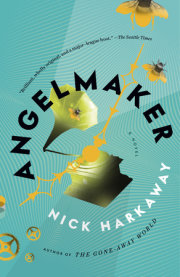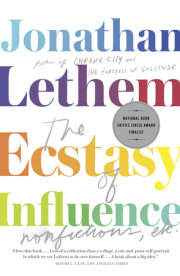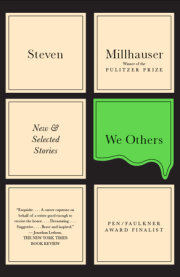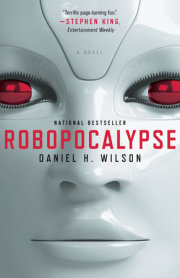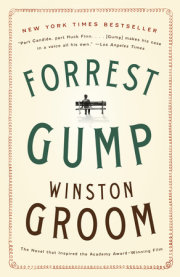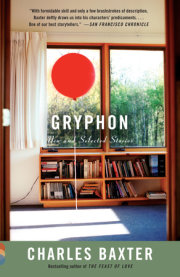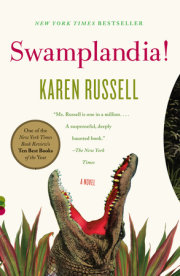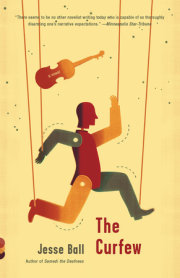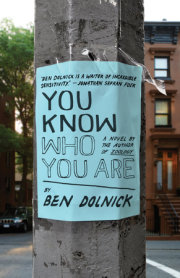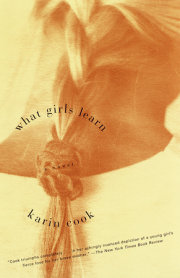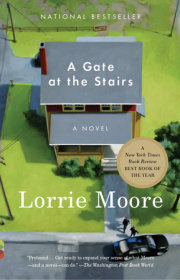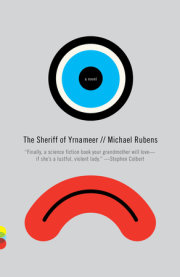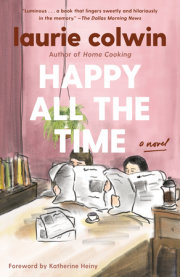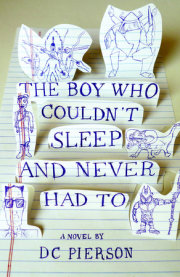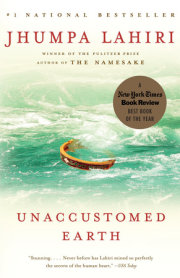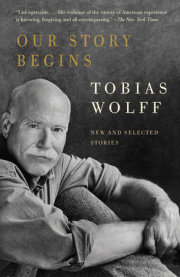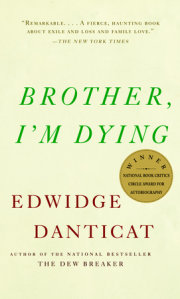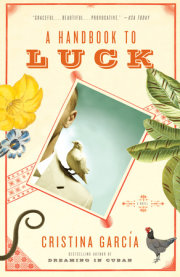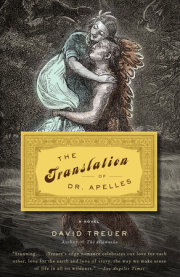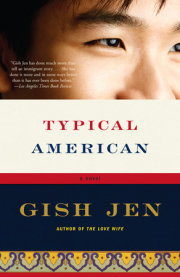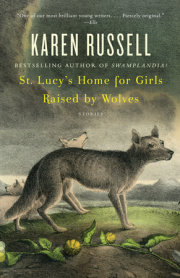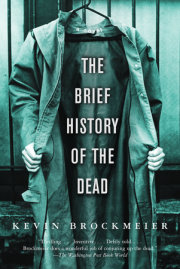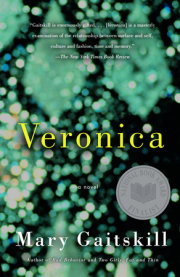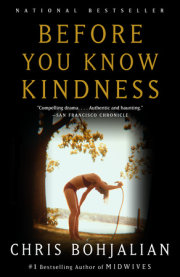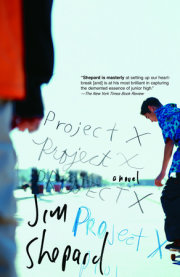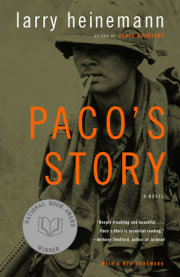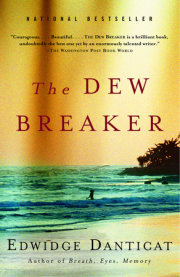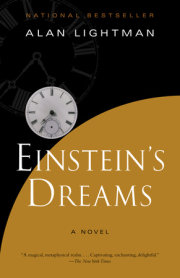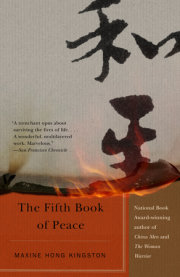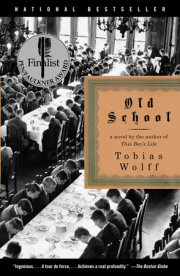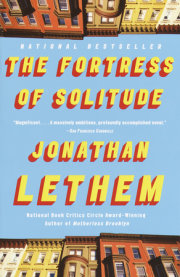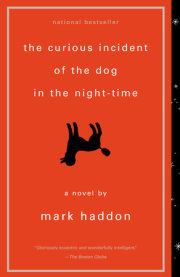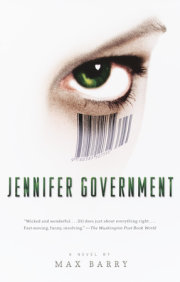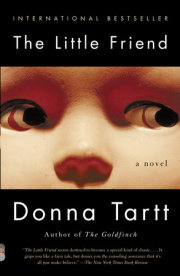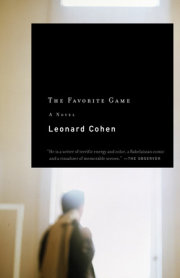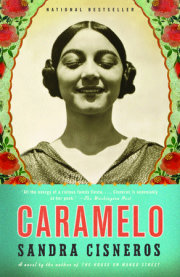• •
The News from Spain
The news from Spain is terrible. A bomb under a park bench in a small town near Madrid. Fifteen people have been killed and dozens injured. Harriet tells the aide, who crosses herself; the nurse, who says, “It makes you want to stay home and never leave the house—but that would just be giving in to terrorism”; and her daughter Rebecca, who says, “Why do you spend all day watching that stuff?”
Rebecca is tired. Harriet has been sick on and off for years, more than a decade. Rebecca has just driven four hours from Boston to get to the Connecticut nursing home where Harriet now lives. She is taking two days off from the small bookstore she owns, paying her part-time assistant extra to cover for her. She’s brought a shopping bag full of things Harriet likes: rice pudding with raisins, shortbread, fresh figs, and a box of l
ame-juns from a Middle Eastern bakery. She has walked into the room and Harriet has barely looked away from the TV to say hello.
What Harriet says is, “They just interviewed a man whose granddaughter died in his arms.”
Rebecca puts down the shopping bag and kisses the top of her mother’s head. Someone has given Harriet a haircut, a sur- prisingly flattering one. Her head smells faintly of shampoo.
Harriet puts up a hand and feels for Rebecca’s face, briefly cupping her chin. “They think it was a Basque separatist group.”
Rebecca nods and goes down the hall to the kitchen, to put the rice pudding and lamejuns in the fridge. The hallway is full of wheelchairs, a straggly becalmed flotilla of gray people just sitting there, some with their heads lolling on their chests. On the way back to her mother’s room, she runs into the social worker assigned to Harriet’s case. Today is Halloween; the social worker is wearing a pirate hat and an eye patch. “How do you think your mom is doing?” she asks Rebecca.
“I think she’s still angry about being here,” Rebecca says. Harriet moved into the nursing home a month ago, after the rehab hospital said she had “plateaued,” and the assisted-living place said they couldn’t take her back.
“I know,” the social worker says. “But they adjust.”
When she goes back into her mother’s room, Harriet is watching for her. The TV is off. “I’m so glad you came,” Harriet says.
“I just ran into the social worker in the hall. She says you’re adjusting.”
“Bullshit,” Harriet says. “Did you bring stuffed grape leaves?”
“I didn’t remember that you liked them.”
“I love them.”
“Next time,” Rebecca says. She pulls over a chair and sits facing her mother. Harriet is in a wheelchair, paralyzed again—it has happened before, she has some rare chronic spinal disease, but this time the neurologist says it is permanent. Rebecca, who came down to go with her mother to that appointment last month, listened while he talked to Harriet about suffering and acceptance, about how what was happening to her was truly terrible, worse than what anyone should have to go through. Rebecca liked the doctor’s humanity, and thought it might be somewhat comforting to Harriet; certainly Harriet has always found it gratifying to be admired for her bravery. But Harriet was furious. “He’s talking philosophy when what I really want to hear about is stem-cell research.”
Rebecca feels guilty about not making it down to see her mother more often. Harriet is always mentioning something she needs—lavender talcum powder, or socks, or an afghan to put over her legs when they wheel her outside, or, she sighs, “just a really good turkey club sandwich.” Rebecca mails what she can, alternately touched by and annoyed by the many requests (are they wistful, or reproachful? Both, she thinks). (But they are also, simply, practical. These are the small things we live with, and Harriet now has no way to get hold of them.) She has talked to Harriet about moving to a nursing home in the Boston area. “It would be more convenient.”
“For you, you mean,” Harriet said. She is adamant about staying in this particular nursing home, because the man she’s in love with is in the assisted-living place next door, and comes over to visit her nearly every day. Rebecca thinks it’s great that her mother has someone, though she could do without some of Harriet’s more candid reports (“Ralph called me this morning and said, ‘I wish I could make love to you right now’ ”).
“How is Ralph?” Rebecca asks now.
Harriet shrugs. “He thinks I’m mad at him because he didn’t give me a birthday present.”
“Yes.” They laugh. They talk. Rebecca heats up some lame- juns in the kitchen microwave and makes Harriet a cup of tea. They hear the woman in the room next door say loudly, angrily, “Who washed my floor?” A low murmuring answer; then the angry woman again: “In the future I must ask that you not wash my floor without first giving me notice.”
Rebecca looks at Harriet. Harriet says, “At first I thought, Oh good, at least she sounds like she has all her marbles. But that’s all she ever says, on and on, day and night about the floor.”
Some lamejun has fallen onto the front of Harriet’s sweat- shirt; when she finally notices and brushes it off, it leaves a spot. “Damn it.” She wipes furiously away at it, but in the midst of the fury is also grinning ruefully at Rebecca—
Can you believe it? How does it happen every single time? She’s a very large woman, and she’s been dropping food on her shirt for as long as Rebecca can remember. The last time Rebecca visited, on the day Harriet moved to the nursing home, the aide swathed Harriet’s front in an enormous terry-cloth bib before bringing in her dinner tray. Harriet allowed it, looking at Rebecca with a kind of stunned sadness; of all the enraging indignities of that day, this was the one that undid her. “She doesn’t need that,” Rebecca told the aide.
“We do it for everybody.”
“Right, but my mother doesn’t need it.”
So that was one small battle that Rebecca was there to win for Harriet. Without Rebecca, Harriet could have won it just fine for herself. Both of them knew this—and yet, between them, love has always had to be proved. It is there; and it gets proved, over and over. Some of their worst fights, confusingly, seem to both prove and disprove it: two people who didn’t love each other couldn’t fight like that—certainly not repeatedly.
Still, Rebecca has often wished for something quieter with Harriet. Are there mothers and daughters who can be happy together without saying much?
Copyright © 2012 by Joan Wickersham. All rights reserved. No part of this excerpt may be reproduced or reprinted without permission in writing from the publisher.

